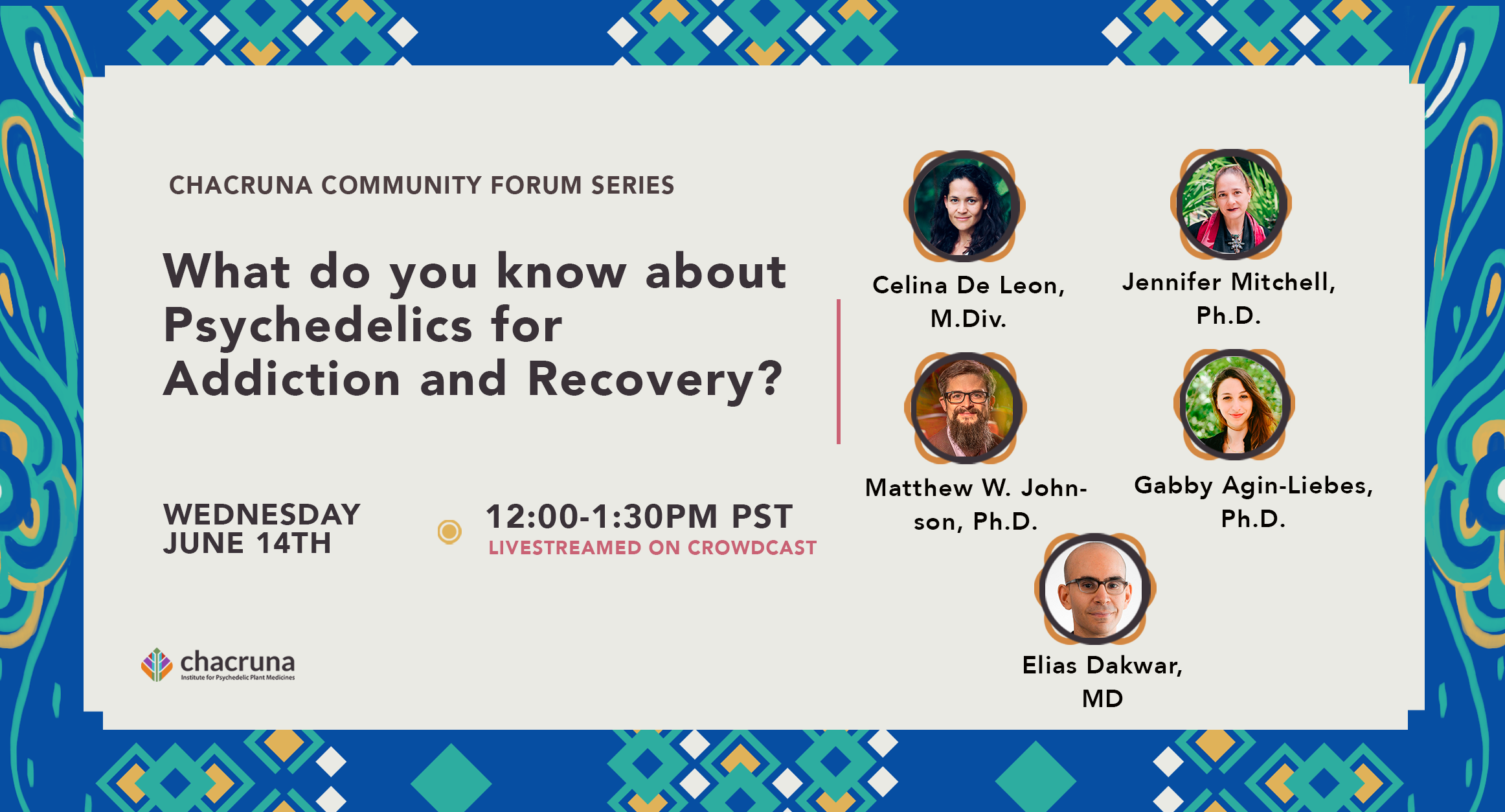- Meet Chacruna at Psychedelic Science 2025 - May 27, 2025
- Psychedelics and Attachment: Fundamentals, Implications, and New Frontiers - May 16, 2025
- Development Outreach Internship (OPEN) - May 6, 2025
Wednesday, June 14th, 2023 from 12:00-1:30pm PST
Register for this event here.
In the recent conversations surrounding the therapeutic benefits of psychedelics, addiction and recovery have been a big topic of discussion. In having this discussion, there are many angles to consider, such as: psychotherapeutic mechanisms, integration, ethics, human/nonhuman relationships, metaphysical and philosophical (re)framing, the value of ritual and ceremony, spiritual bypass, and more. What is the relationship between psychedelics, addiction and unresolved emotional traumas or suppressed emotions? How can therapeutic psychedelic experiences reconfigure our understanding of addiction beyond biomedical disease models and toward embracing a bio-psycho-socio-cultural framework? What is the value of group work with psychedelics for addiction? What are the potential differences across psychedelics as therapeutics tools? Join us in this forum to discuss these questions and many more, with speakers Celina De Leon, who is a co-founder of a spiritual care addiction and recovery program called Natura Care Programs, Jennifer Mitchell, who is a professor in the Neuroscape Division of the UCSF Department of Neurology, Matthew W. Johnson, who is The Susan Hill Ward Endowed Professor of Psychedelics and Consciousness Research at Johns Hopkins, Gabby Agin-Liebes, who is a licensed clinical psychologist and National Institute on Drug Abuse-funded research fellow at the University of California, and Elias Dakwar, who is an Associate Professor at Columbia University College of Physicians and Surgeons.
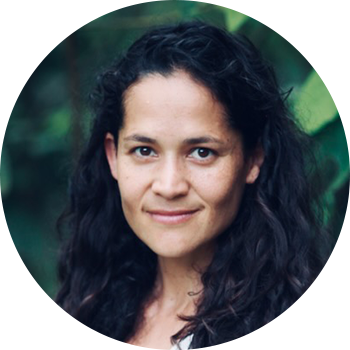
Celina is a co-founder of Natura Care Programs, a spiritual care addiction and recovery program that integrates ayahuasca ceremonies, nature immersion, instruction in contemplative practice, and a social model for recovery with peer support. She’s also the founder of Circle of Sacred Nature church, the plant medicine program director at Posada Natura Retreat Center in Costa Rica, and she has over 20 years of experience with ayahuasca/yagé shamanism and contemplative practice.
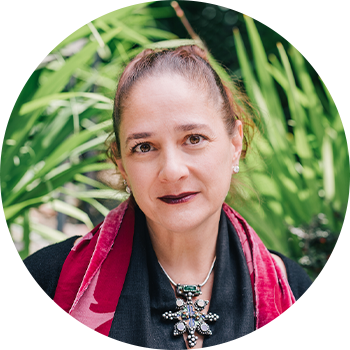
Jennifer Mitchell is a Professor in the Neuroscape Division of the UCSF Department of Neurology and the Acting Associate Chief of Staff for Research and Development at the San Francisco VA. She holds an affiliate appointment at UC Berkeley, is a member of the Berkeley Center for the Science of Psychedelics (BCSP), and serves the State of California DOJ as a member of the Research Advisory Panel (RAP-C). Her research is focused on identifying and developing novel therapeutics for drug and alcohol abuse, PTSD, stress, anxiety, and depression and on understanding the neural mechanisms responsible for these disorders. Dr. Mitchell has extensive and diverse experience with human and animal pharmacology, hypothesis-driven neuroscience, human proof-of-concept studies, and clinical trials. For the past few years, her work has centered around the development of psychedelic medicines for a broad range of mental health conditions, including PTSD.
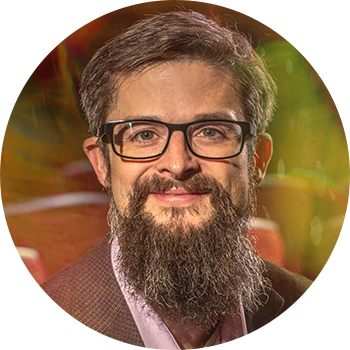
Matthew W. Johnson, Ph.D., is The Susan Hill Ward Endowed Professor of Psychedelics and Consciousness Research at Johns Hopkins. Working with psychedelics since 2004, he has played a role in the modern-day revival of psychedelic research. He has published research on psychedelics and mystical experience, personality change, tobacco smoking cessation, cancer distress treatment, and depression treatment. In 2021 he received as principal investigator the first grant in about 50 years from the US government to administer a classic psychedelic as a treatment, specifically psilocybin for tobacco addiction. He is also known for his expertise in behavioral economics, addiction, sexual risk behavior, and research with a wide variety of drug classes. He has been Interviewed by Anderson Cooper on 60 Minutes, the New York Times, the Washington Post, the Wall Street Journal, CNN, NPR, Fox News, BBC, the Lex Fridman Podcast, and in Michael Pollan’s book How to Change Your Mind.
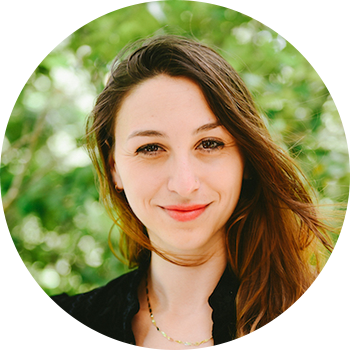
Gabby Agin-Liebes, PhD is a licensed clinical psychologist and National Institute on Drug Abuse-funded research fellow at the University of California, San Francisco (UCSF). She has over a dozen years of experience working as a therapist and co-investigator on academic clinical trials with psychedelics at New York University, Yale, and UCSF. Her research utilizes quantitative and qualitative methods to study the psychological mechanisms of psychedelic-assisted therapy in the treatment of substance use disorders, existential distress associated with serious illness, and PTSD. She is also an investigator on a study examining treatment outcomes of an intercultural outpatient clinic in Sonora, Mexico that incorporates ceremonial use of psychedelics for the treatment of substance use disorders and other mental health challenges.
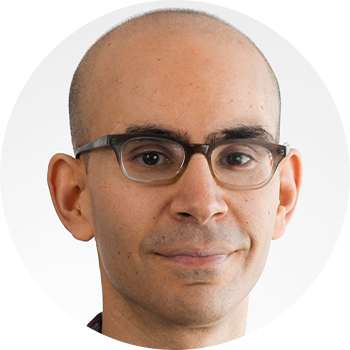
Elias Dakwar, MD is an Associate Professor at Columbia University College of Physicians and Surgeons, and a board-certified addiction and general psychiatrist. He has been researching novel treatments for addictions for over a decade, with the support of several grants from the National Institutes of Health. He is the first researcher to receive funding from NIAAA and NIDA to investigate the clinical applications of a hallucinogenic substance (ketamine) for substance use disorders. A special focus of his research has been evaluating sub-anesthetic ketamine infusions for cocaine use disorders in both laboratory and clinical settings, as well as investigating ketamine infusions as an adjunct to mindfulness-based treatment, mind/body practices, motivational interviewing, and other behavioral frameworks for alcohol, cannabis, and opioid use disorders. He has a more general interest in the impact of contemplative and non-ordinary experiences, and of the interventions that might occasion them, in the cultivation of well-being.
This talk will be recorded and immediately available for rewatch for all attendees.
Do you love Chacruna? Want free entry to events, access to our online member community and exclusive events, free merchandise, and much more! Become a member!
Scholarships Available – apply here.
Take a minute to browse our stock:
Did you enjoy reading this article?
Please support Chacruna's work by donating to us. We are an independent organization and we offer free education and advocacy for psychedelic plant medicines. We are a team of dedicated volunteers!
Can you help Chacruna advance cultural understanding around these substances?


